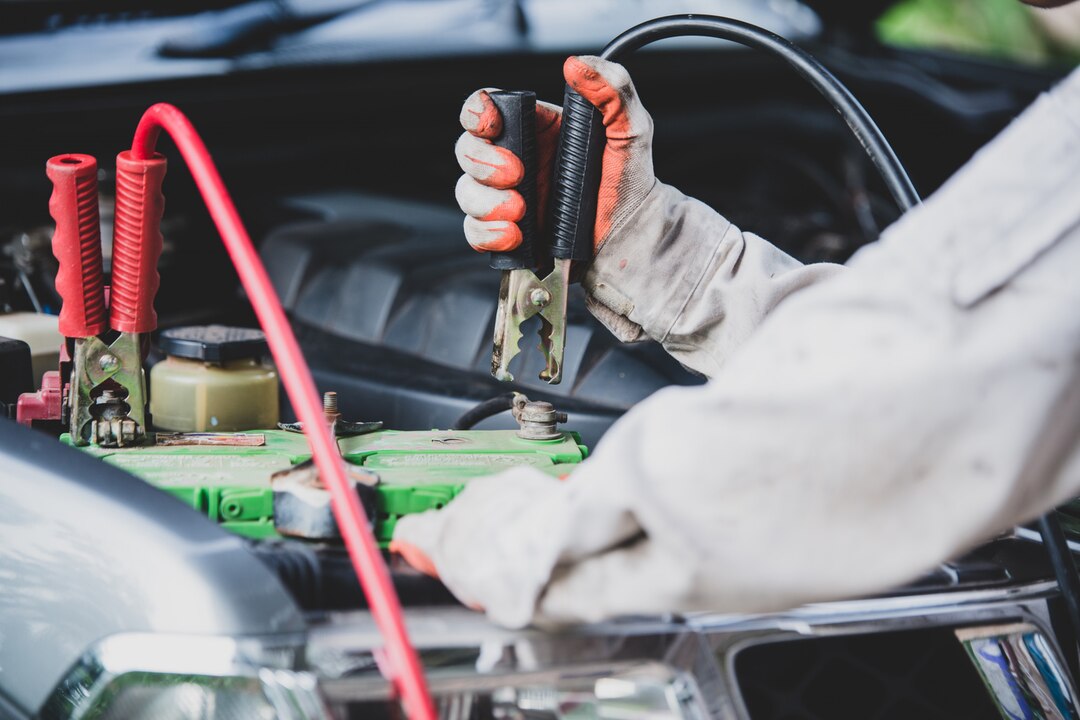Your car’s alternator plays a crucial role in keeping the electrical system running smoothly, powering everything from the headlights to the air conditioning. When the alternator begins to fail, it can cause a range of issues that affect your vehicle’s performance and reliability. In this article, we’ll explore ten common signs that indicate your car alternator may be in need of replacement.
1. Dashboard Warning Light:
One of the most obvious signs of alternator trouble is the illumination of the dashboard warning light, often shaped like a battery. This light typically indicates a problem with the charging system, which may be attributed to a failing alternator.
2. Dim or Flickering Lights:
If you notice your headlights, interior lights, or dashboard lights dimming or flickering while driving, it could be a sign of alternator failure. The alternator provides power to these components, and a malfunctioning alternator may result in inconsistent lighting.
3. Weak or Dead Battery:
A weak or dead battery is often attributed to a faulty alternator. If your battery repeatedly fails to hold a charge, even after being jump-started or replaced, it may be due to the alternator’s inability to recharge the battery while the engine is running.
4. Strange Noises:
A failing alternator may produce unusual noises, such as grinding, whining, or squealing sounds. These noises may indicate worn-out bearings or a malfunctioning internal component within the alternator.
5. Electrical Malfunctions:
As the alternator supplies power to various electrical components in the vehicle, alternator failure can manifest as electrical malfunctions. This may include issues with the power windows, radio, air conditioning, or other accessories.
6. Difficulty Starting the Engine:
If you experience difficulty starting your vehicle, particularly in conjunction with other signs of alternator trouble, it may indicate that the alternator is not providing sufficient power to start the engine and recharge the battery.
7. Burning Smell:
A burning smell, particularly one resembling electrical burning, may indicate alternator overheating or a malfunctioning component within the alternator. Ignoring this smell could lead to further damage and potential safety hazards.
8. Stalling or Sputtering Engine:
A malfunctioning alternator can cause the engine to stall or sputter, especially at low speeds or when idling. This occurs when the alternator fails to supply enough power to keep the engine running smoothly.
9. Warning Signs During Jump-Starting:
If your vehicle requires frequent jump-starts, pay attention to any warning signs that may indicate alternator trouble. Difficulty jump-starting the car or a quick discharge of the battery after jump-starting could point to alternator failure.
10. Visible Damage or Wear:
Inspect the alternator for any visible signs of damage, such as corrosion, leaking fluids, or worn-out belts. These physical indications may suggest that the alternator is nearing the end of its lifespan and requires replacement.
The alternator is a critical component of your vehicle’s electrical system, and recognizing the signs of alternator trouble is essential for maintaining your car’s performance and reliability. If you experience any of the aforementioned symptoms, it’s crucial to have your alternator inspected by a qualified mechanic and replaced if necessary. By addressing alternator issues promptly, you can avoid costly repairs, prevent breakdowns, and ensure the continued functionality of your vehicle’s electrical system.











